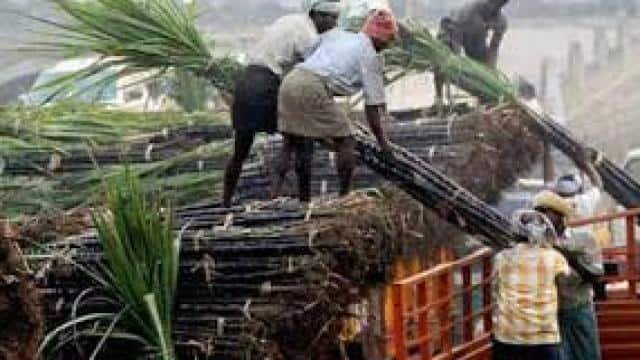India has recently imposed a 50% duty on molasses, a by-product of sugarcane, starting this Thursday. This decision comes in response to a shortage of sugarcane caused by irregular monsoon rains. The export duty is a strategic move to balance the supply and demand of commodities, ensuring there’s enough for domestic use.
Various sugar industry associations, including the National Federation of Cooperative Sugar Factories Ltd, the West Indian Sugar Mills Association, and the South Indian Sugar Mills Association, had requested restrictions on molasses exports. This aligns with the government’s consideration of a 50% duty to boost ethanol production for cleaner petrol.
India, being the world’s largest molasses exporter, contributes around 25% to global trade. Key buyers include the Netherlands, Philippines, Vietnam, South Korea, and Italy, with major exporting states being Maharashtra, Gujarat, and Karnataka.
The 50% duty aims to enhance domestic ethanol production, addressing the limited availability of sugar-based feedstock. This move follows earlier restrictions on sugar exports and a temporary ban on using cane juice for biofuel, leading to concerns about a shortage in sugar supplies.
Efforts to meet the 20% ethanol blending target involve utilizing C-heavy molasses for ethanol production. The current ethanol production capacity in India is approximately 13.8 billion litres, with the goal of reaching 17 billion litres by 2025-26 to achieve the blending target.
The decision has been met with approval from industry experts, recognizing its importance in advancing the biofuel policy and ensuring the efficient use of molasses for fuel ethanol production.





